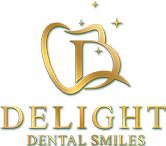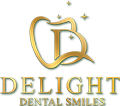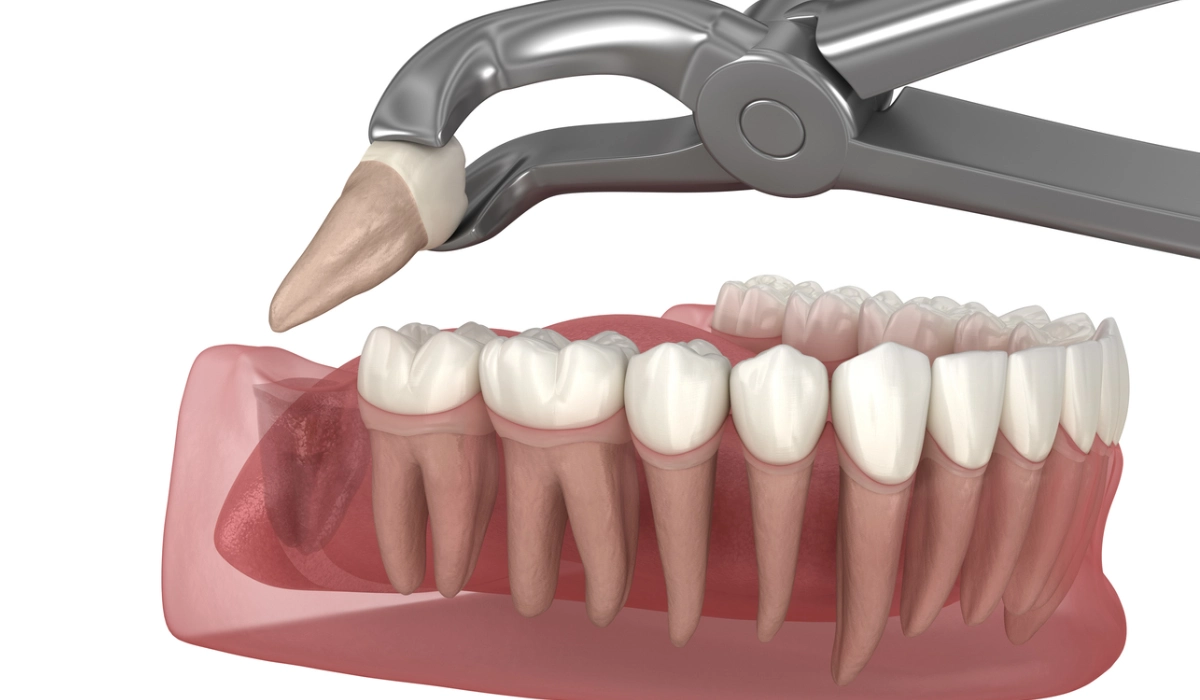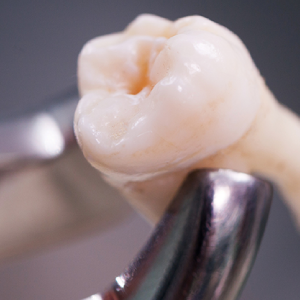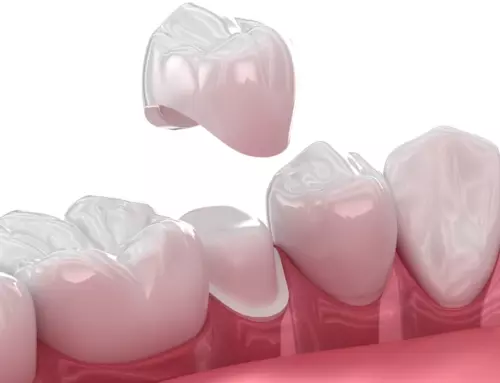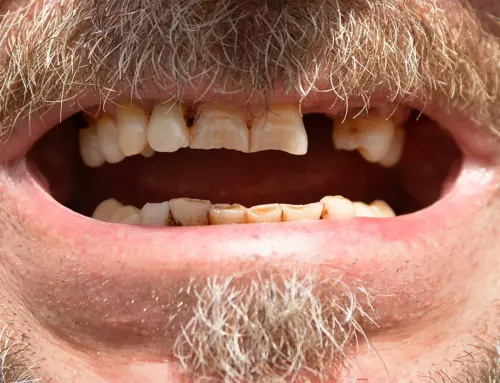Have you ever wondered, “How long does it take to recover from tooth extraction?” Recovery from a tooth extraction is a crucial aspect of dental care that involves understanding the healing process and knowing what to expect in the days following the procedure. Whether you’ve recently undergone a tooth extraction or are considering one in the near future, understanding the timeline and factors affecting recovery is essential for a smooth and successful healing journey.
In this comprehensive guide, we’ll explore the various aspects of recovery from tooth extraction, including the timeline, factors influencing healing, and tips for promoting optimal recovery. By gaining insight into the recovery process, you can take proactive steps to ensure a comfortable and efficient recovery while safeguarding your oral health.
Why would someone need a tooth extraction?
Your dentist may advise a tooth extraction for several common reasons:
- Severe Decay: Untreated cavities can penetrate the tooth pulp, leading to infection. While a root canal saves the tooth in some cases, severe decay may render the tooth unsalvageable, necessitating extraction to prevent further decay and infection.
- Tooth Injury: Despite efforts to save injured teeth, severe trauma may necessitate extraction to maintain oral health.
- Wisdom Teeth: Many individuals lack sufficient space in their mouths for wisdom teeth (back molars). Wisdom teeth are often extracted after an eruption or while they remain impacted to prevent dental complications.
- Teeth Crowding: Orthodontic treatment may require tooth extractions to address overcrowding, allowing for proper alignment with braces or Invisalign.
- Periodontal Disease: If a gum disease is left untreated, it can progress to periodontal disease, an infection affecting ligaments, bones, and gums. Weakened teeth due to periodontal disease may require extraction as one treatment option.
What to expect during a tooth extraction?
Tooth extraction is not a painful procedure. The area surrounding the tooth is completely numbed using local anesthesia. A special instrument is used to gently loosen the tooth from your jaw, followed by careful extraction using forceps. The entire process usually takes just a few minutes. Depending on the situation, your dentist may or may not need to suture the extraction site afterward.
After the procedure, you will receive detailed aftercare instructions. It’s suggested to eat soft foods for at least 24 hours. Your dentist may suggest some over-the-counter pain reliever to manage any post-extraction tenderness or discomfort.
How long does recovery take after an extraction?
The recovery duration can vary among patients, depending on several factors: the tooth’s size and location, the patient’s dental health, and adherence to post-treatment instructions.
For a simple extraction (involving a tooth that has already emerged in the mouth), recovery is typically brief. After allowing 48-72 hours for clot formation, patients can resume normal activity. Soft tissue usually heals completely within 3-4 weeks.
In cases of surgical extraction (removing a tooth still within the gums and jawbone), recovery takes a bit longer. Patients are advised to take it easy for the initial 48-72 hours and limit physical activity for about a week before returning to regular routines.
The duration of time off work following an extraction depends on the physical demands of the job. Patients should discuss this with their oral surgeon in advance to coordinate with their employer if necessary.
Recovery tips for extraction
To ensure a quick recovery from an extraction, patients should follow these guidelines:
- Don’t brush, floss, or chew near the treatment site for the first few days.
- Refrain from using a straw, rinsing the mouth, or spitting for the initial 24 hours to allow a proper blood clot to form.
- Quit smoking, as it heightens the risk of developing an infection.
- Limit physical activity to prevent dislodging the clot, which could cause a painful dry socket.
- Keep the head elevated while sleeping for the first few days to minimize bleeding.
- Use a cold compress or recommended medication to manage swelling and pain.
The extractions have become quick and easy due to modern dental technology and local anesthesia, and the recovery is also short. Of course, to avoid the need for extraction altogether, maintain good oral hygiene habits such as brushing twice a day, flossing regularly, and attending routine dental check-ups. Following this simple plan can help ensure that each dental visit leaves you with as many teeth as when you arrived!
Conclusion
Understanding the timeline and factors affecting recovery from “How long does it take to recover from tooth extraction?” is crucial for ensuring a smooth healing process and optimal oral health. Whether you’ve recently undergone an extraction or are considering one, being informed about recovery expectations empowers you to take proactive steps toward a comfortable and efficient recovery journey.
If you’re in Hollywood, FL, and need expert dental care, Delight Dental Smiles is here for you. Our qualified team is dedicated to providing compassionate and personalized dental services to help you achieve and maintain a healthy smile. Make an appointment online or call us at (954) 406-6897 to schedule a consultation and discuss your dental needs today.
FAQ
How long does it take to recover from a tooth extraction?
The recovery time after a tooth extraction varies depending on factors such as the type of extraction and individual healing abilities. Generally, it can take anywhere from a few days to several weeks for complete recovery.
What factors influence the recovery time after a tooth extraction?
Several factors can affect the recovery period, including the type of extraction (simple or surgical), the size and location of the tooth, the patient’s overall dental health, and adherence to post-operative care instructions.
How can I fasten the recovery process after a tooth extraction?
To promote faster healing, it’s important to follow your dentist’s aftercare guidelines diligently. It includes avoiding certain foods, refraining from smoking, practicing good oral hygiene, and taking prescribed medications as directed.
When should I contact my dentist during the recovery period?
It’s essential to contact your dentist if you experience excessive bleeding, severe pain that is not alleviated by prescribed medication, signs of infection such as fever or swelling, or if you have any concerns about your recovery progress.
